Across the country, an increasing number of states are issuing ‘shelter in place’ or ‘stay at home’ orders, or are closing non-essential services altogether.
Largely, construction has been deemed an essential service, and has been allowed to continue. There are, however, several pockets where ongoing work has been shuttered. At least 3,180 projects across the country have been either cancelled or delayed, plunging the homebuilder sentiment to its lowest in several years.
Table of Contents:
Image credits: Construction Connect
This raises an important question – is construction an essential service?
Coronavirus outbreak in the US – The present situation
On Tuesday, the USA became the first country in the world to record over 1 million cases of the novel coronavirus – nearly one-third out of the global 3.1 million cases. The country, with around 59,000 deaths, also accounts for one-fourth of the 213,000 fatalities in the world.
It seems that the infection curve is not going to flatten any time soon. Consequently, the construction industry is on high alert. Disruption of supply chains, labor losses due to quarantines, and local municipalities regulating essential services are forcing developers to figure out how they can continue construction without endangering their workers.
In their survey of over 1,600 commercial and residential contractors, the Associated General Contractors of America (AGC) reported that around 27% of respondents have stopped or canceled ongoing construction upon the orders of state or municipal administration. The biggest reason behind this is the constraint on cash flow sources such as banks.
Six states – Michigan, New Jersey, New York, Pennsylvania, Vermont, and Washington – have completely halted commercial and residential construction projects.
The future doesn’t look bright, either. Such disruptions are likely to continue, because new projects won’t break ground during the pandemic.
However, an interesting observation in all this – there is no federal mandate to stop construction. This has left cities and states scrambling to determine for themselves whether it is an essential service or not. Boston was one of the first big cities to suspend ongoing construction activities, followed by Cambridge, Pennsylvania, and New York banning all ‘non-emergency construction.’
So, what does ‘essential business’ mean?
The Cybersecurity & Infrastructure Agency (CISA) issued guidelines for businesses and governments that outline’ critical infrastructure industries that have a special responsibility in these times to continue operations.’
A list of these sectors aims to support local, state, and industry associations to identify essential workers and critical infrastructure sectors, so that they ‘continue working with as little interruption as possible.’
These industries include:
-
Communications
-
Chemical sector
-
Commercial facilities
-
Critical manufacturing units
-
Dams
-
Defense industrial bases
-
Emergency services
-
Energy sector
-
Financial sector
-
Food and agriculture industry
-
Government facilities
-
Nuclear reactors, materials & waste plants
-
Water sector
-
Information technology
-
Healthcare & public health
-
Transportation systems
While the construction industry didn’t make it on the CISA’s list, it is clear that it is essential to each of these 16 sectors. You need hospitals, clinics, nursing homes, and other medical facilities for the healthcare sector. You need mass transit infrastructure, highways, and rail systems for the transport sector. So on.
AGC’s CEO, Stephen E. Sandherr, and President of North America’s Building Trade Unions, Sean McGarvey, have released a joint statement, requesting the government to add construction to their list of critical services.
Government officials at all levels should treat the construction industry and the work it performs as vital and essential to the critical industries that must remain in operation. Construction workers provide an invaluable economic service, maintaining and improving the nation’s infrastructure, including critically important energy and communication systems, roads and bridges, and social infrastructure, including police, fire and health care facilities.
Construction workers’ unique skills are essential now and in the coming weeks to construct, maintain, and repair critical infrastructure, and to build temporary health facilities and retrofit and expand existing ones. Labor and management construction industry partners continue to monitor and provide guidance on all recommended health and safety job site precautions for construction workers so that proper measures are deployed to ensure a safe work environment for those on the job.
Workers’ and Laborers’ Catch-22
A majority of people who work in the construction industry, including foremen, site managers, safety inspectors, general and skilled craft laborers, don’t have the option to work from home.
Then there’s the other workforce – the project managers, architects, office staff, estimators, drafters, and executives who can manage all or nearly all their work remotely. This divides the discussion into two fronts.
The first front wants to continue doing their job for as long as they can, until it isn’t safe anymore. The second front comprises of people who survive paycheck to paycheck. For them, there is the dilemma of not working, getting terminated, and not finding another job during and after the pandemic or continuing work and risking getting infected. It is especially unfortunate for workers who are not in good health or have sick family members at home.
Then there’s another issue: That of every state having its own definition of ‘essential business’.
Clash over federal and state governments’ mandates
The DHS doesn’t require states to use their own guidelines, but the government’s demarcation of critical sectors is so vague that state officials prefer being more specific.
Pennsylvania G overnor Tom Wolf had categorized construction under non-life sustaining services: ‘No person or entity shall operate a place of business in the Commonwealth that is not a life sustaining business regardless of whether the business is open to members of the public. ‘ However, new guidance issued on April 23rd has permitted construction businesses to resume in-person operations from May 1st.
New York initially had classified construction as an essential service, only to be taken aback by Governor Andrew Cuomo, ‘All non-essential construction must safely shut down, except emergency construction, (e.g. a project necessary to protect health and safety of the occupants, or to continue a project if it would be unsafe to allow to remain undone, but only to the point that it is safe to suspend work). ‘
Texas, Louisiana, California, and Arizona all deem construction essential, while in Massachusetts, the requirements vary – segregating work that constitutes COVID-19 Essential Work, including construction workers.
The rules aren’t uniform across states, or even inside them. Boston, as already mentioned, shut down all non-essential construction projects, allowing only critical development needs.
The discussion rages on
There are those who believe that all construction work must be halted until the pandemic is controlled. Then there are others who think that construction is critical, and should continue like the healthcare and emergency services.
Yet some people want the best of both worlds – believing that only truly essential work for hospitals, healthcare facilities, and containment units, should be allowed. Non-essential projects for theatres, malls, etc. should not continue.
Saj of BluEntCAD offers his insights: ‘These are challenging times for everybody. Protecting one side’s interests means ignoring needs of the other. We could think about workers losing their jobs if they’re sent to isolation. On the other hand, money’s tight. Where will businesses find cash to keep their employees occupied if their clients halt projects? The government, construction industry stalwarts, and key stakeholders must come together to discuss possible solutions to this problem. The pandemic is not going to clear any time in the near future. We have to prepare for a tough first quarter, with the possibility of a botched second one too.‘
Ideally, project owners and companies should work together and come up with ideas that don’t compromise project completion or the safety and jobs of their workers. Some ideas could be: extending the completion dates, keeping your workplace hazard-free, enforcing social distancing, and ensuring that material supply is facilitated to continue work on-site.
What do you think? Is construction an essential service? Share your thoughts with us in the comments! We’d love to hear from you.
Maximum Value. Achieved.


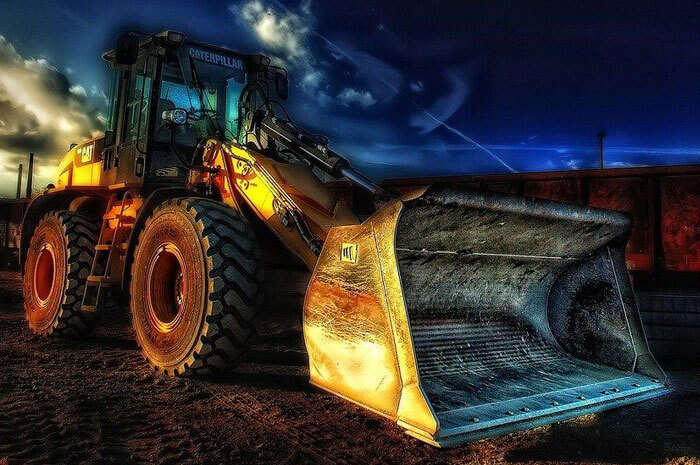
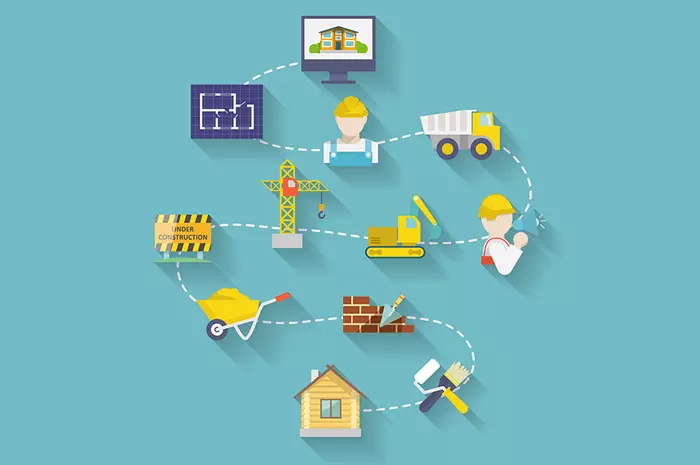
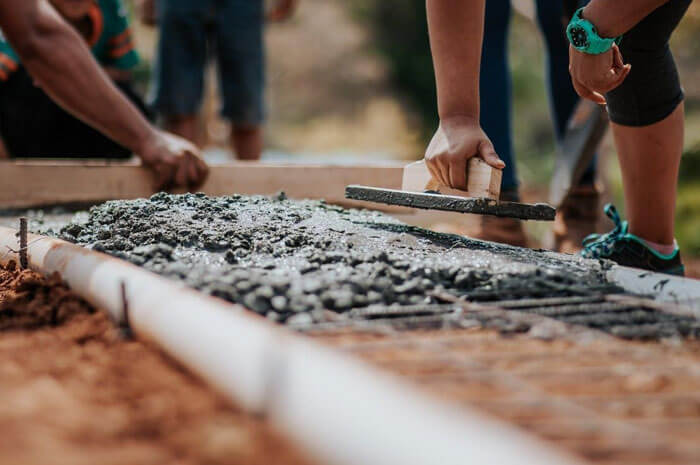

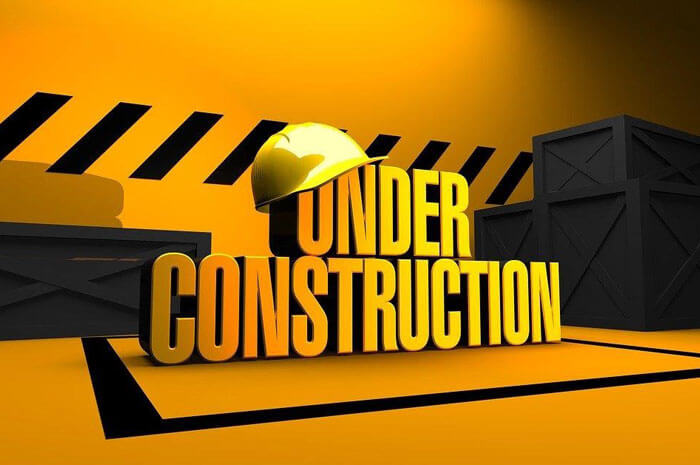




 Must-Ask Questions Before Outsourcing CAD Drafting Services
Must-Ask Questions Before Outsourcing CAD Drafting Services 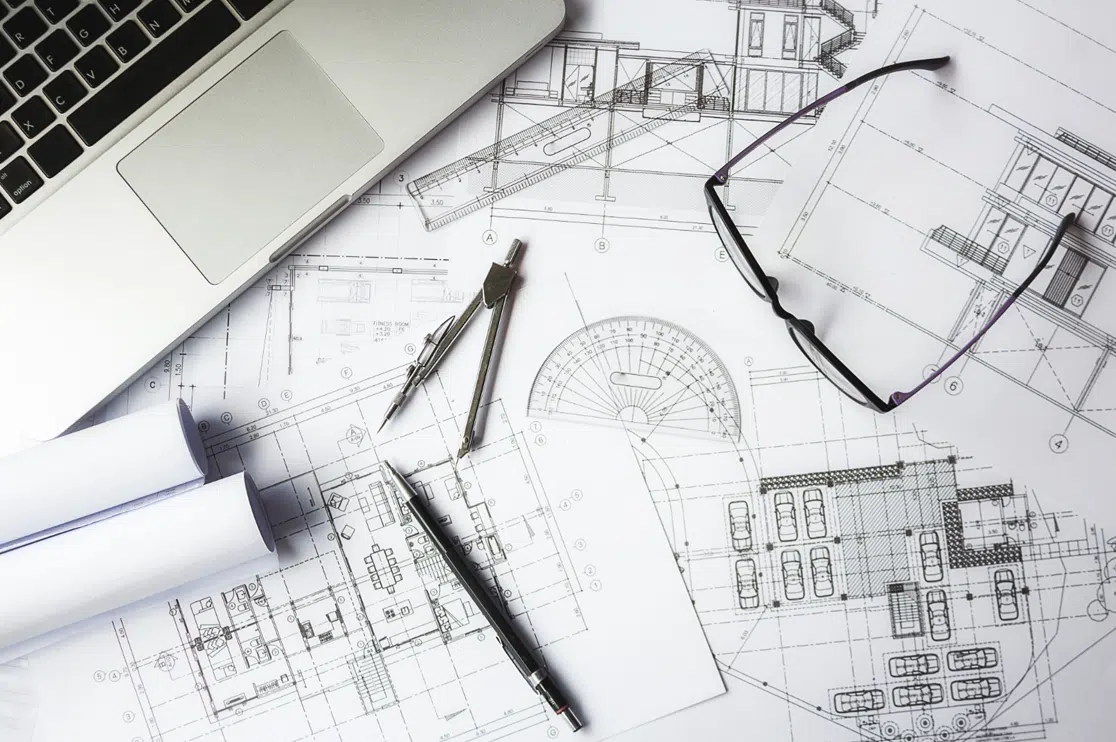 How BluEnt Ensures Construction Documentation is Accurate and Up-to-Date?
How BluEnt Ensures Construction Documentation is Accurate and Up-to-Date? 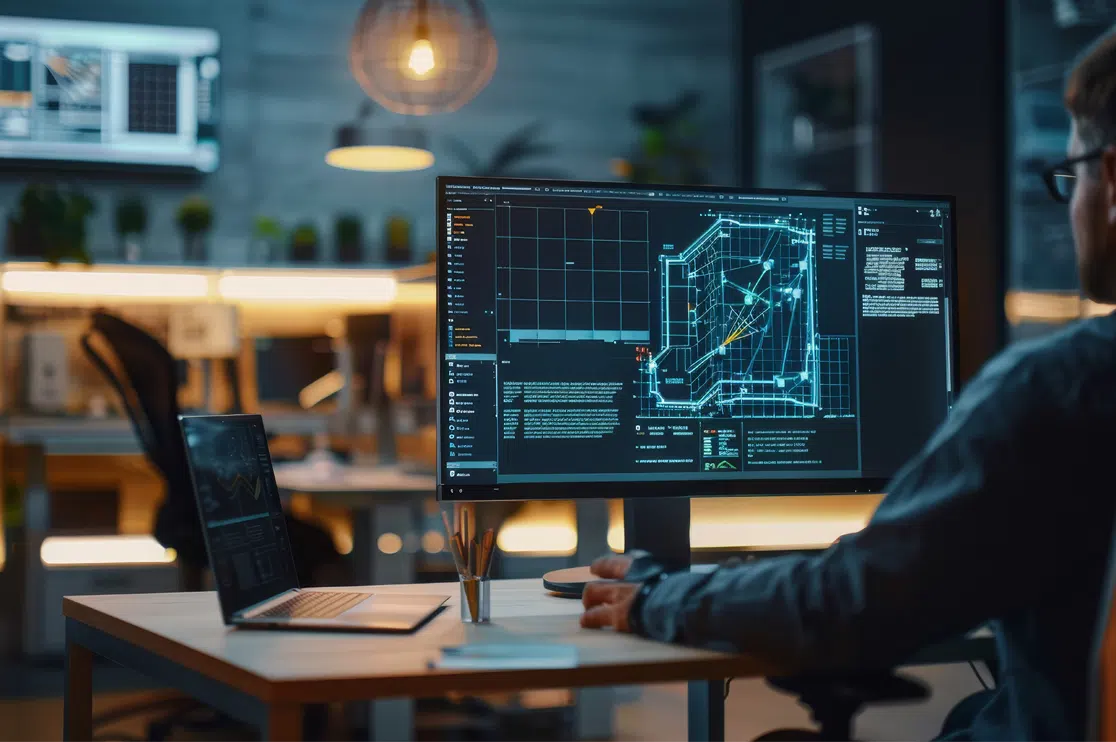 Why CAD Drawings Are Crucial for Sustaining the Modern Architecture Industry?
Why CAD Drawings Are Crucial for Sustaining the Modern Architecture Industry?  How is Artificial Intelligence in Construction Design Transforming Architectural Landscape?
How is Artificial Intelligence in Construction Design Transforming Architectural Landscape?
I totally agree that construction is an essential service. I like this article.
Thanks for appreciating our blog. We’ll soon share more interesting topics
Keep checking and happy reading!